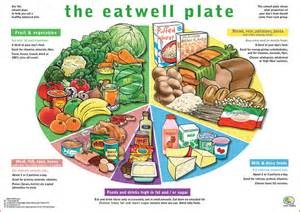 During the first few years of life, it’s vital to meet nutritional needs in order to ensure proper growth and also to establish a lifelong habit of healthy eating. Eating a meal should be both a healthy and enjoyable occasion- a fact that many parents overlook when planning a meal for their growing children. Instead of a fast meal (especially one short in nutritional value) that family members eat at different hours, mealtimes should promote family togetherness whenever possible.If mealtime is a pleasant event, children may practice healthful eating habits in later life.
During the first few years of life, it’s vital to meet nutritional needs in order to ensure proper growth and also to establish a lifelong habit of healthy eating. Eating a meal should be both a healthy and enjoyable occasion- a fact that many parents overlook when planning a meal for their growing children. Instead of a fast meal (especially one short in nutritional value) that family members eat at different hours, mealtimes should promote family togetherness whenever possible.If mealtime is a pleasant event, children may practice healthful eating habits in later life.
• Do set a good example for your child to copy. Share mealtimes and eat the same healthy food.
• Do discourage snacking on sweets and fatty food. Keep plenty of healthy foods, such as fruits, raw vegetables, low-fat crackers, and yogurt, around for children to eat between meals.
• Do allow children to follow their natural appetites when deciding how much to eat.
• Do encourage children to enjoy fruits and vegetables by giving them a variety from an early age.
• Don’t give slim or 1-percent fat milk to children under the age of 5 unless your doctor prescribes it; at this stage, children need the extra calories in whole milk.
• Do ask children to help prepare meals. If parents rely mostly on convenience foods, children may not learn to enjoy cooking.
• Don’t add unnecessary sugar to drinks and foods.
• Don’t accustom children to extra salt by adding it to food placing the shaker on table.
• Don’t give whole nuts to children under the age of 5, who may choke on them. Peanut butter and chopped nuts are fine as long as the child is not allergic to them.
• Don’t force children to eat more than they want.
• Don’t use food as a bribe.
• Don’t make children guilty about eating any type of food.




